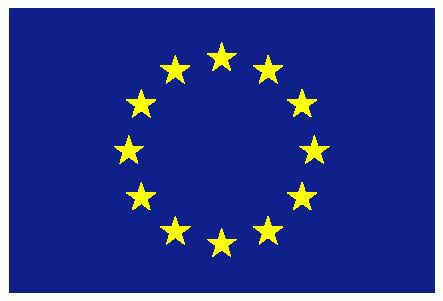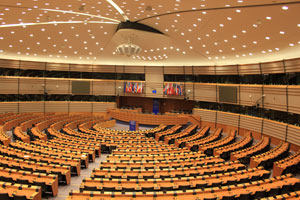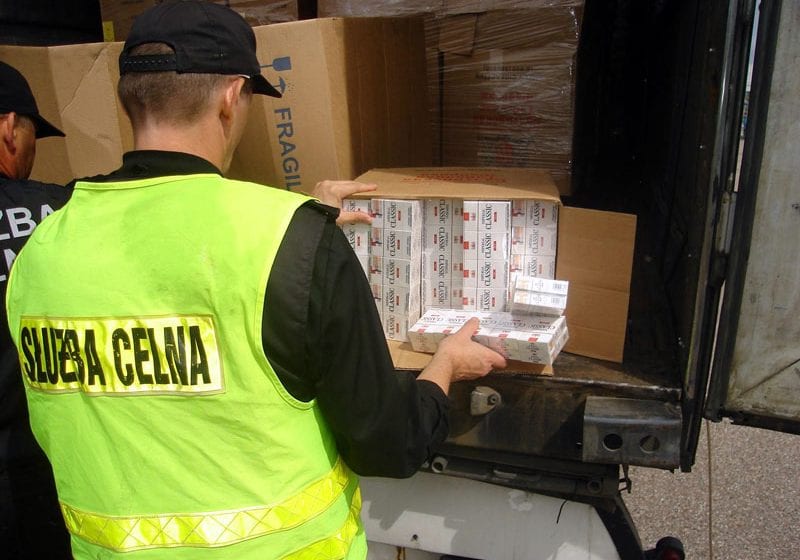The Hungarian MEP Norbert Erdős has asked the EU Commission whether tobacco producers may continue to introduce their tobacco-products tracking and tracing systems.
In a preamble to two questions, which are due to be answered by the Commission in writing, Erdős said that though the new Tobacco Products Directive (TPD) entered into force more than three years ago – on 18 May 2014 – the Directorate-General for Health and Food Safety (DG SANTE) planned to adopt, ‘experimentally and only by the end of this year, the delegated and implementing acts intended to bring into effect Article 15 on traceability and Article 16 on security features’.
‘This means that the Commission has spent more than three and a half years drafting the outline of the legislation regulating the introduction to the technical specifications, which leaves only 18 months for member states, the industry and distributors to carry out the work needed for them to comply with the legislation,’ he said.
‘The Commission has previously declared that member states need not wait for the delegated and implementing acts and that member states and industry operators may start the work needed for them to comply with the requirements specified in the TPD.’
Erdős asked:
- ‘Does that mean that tobacco producers may continue the introduction of their tracking and tracing systems?’ and
- ‘Can the Commission confirm one of the conclusions of the Commission’s communication of 6 June 2013 (COM (2013) 324 final) that “the measures implemented by the four big manufacturers under the co-operation agreements, such as tracking and tracing of tobacco products, due diligence in relation to customers and prevention of money laundering, have clearly led to a significant reduction in the presence of these companies’ products on the illicit market”?’







